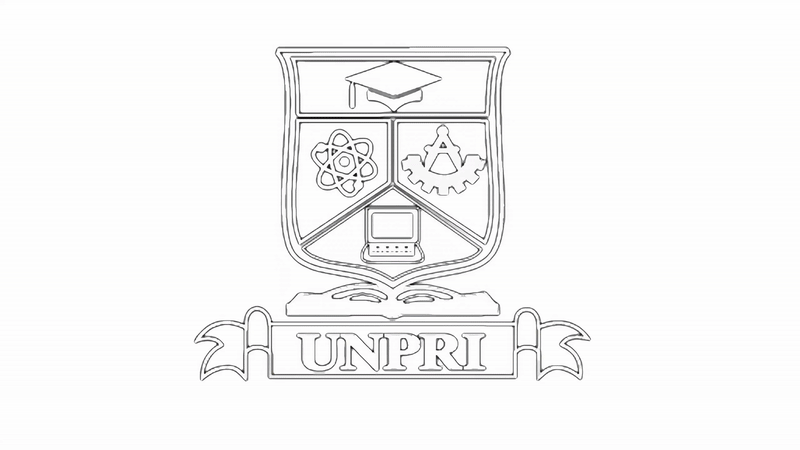

Building sustainable and innovative infrastructure.


The Civil Engineering Study Program focuses on the design, construction, and maintenance of infrastructure such as roads, bridges, buildings, and dams. Students are equipped with technical knowledge and skills to design strong, safe, and efficient structures.
During their studies, students will learn subjects such as engineering mechanics, hydraulics, geotechnics, and construction project management. They will also study the use of engineering software for structural analysis and design.
Career opportunities for civil engineering graduates are broad, including roles as civil engineers, construction consultants, infrastructure planners, and project managers. They can work in government sectors, construction companies, or as entrepreneurs in the civil engineering field.
Beyond working in the industry, graduates can contribute to research and the development of sustainable construction technologies. Innovations in environmentally friendly building materials and modern construction methods are key focuses in creating more efficient and durable infrastructure.
With the growing demand for safe and sustainable infrastructure, the Civil Engineering Study Program is an excellent choice for those interested in technology, design, and construction for a better future.
To become a study program that produces professional graduates in sustainable civil engineering in disaster mitigation, with a technopreneurial vision, innovative and adaptive by the year 2035.

Puji Syukran, B.Eng., M.Eng.
Head of the Study Program

Dr. Despaleri Perangin-Angin, S.Si., M.Pd.
Study Program Secretary

Yeni Rafita Sihombing, S.Pd., M.Sc., M.M.
Head of the Quality Control Group